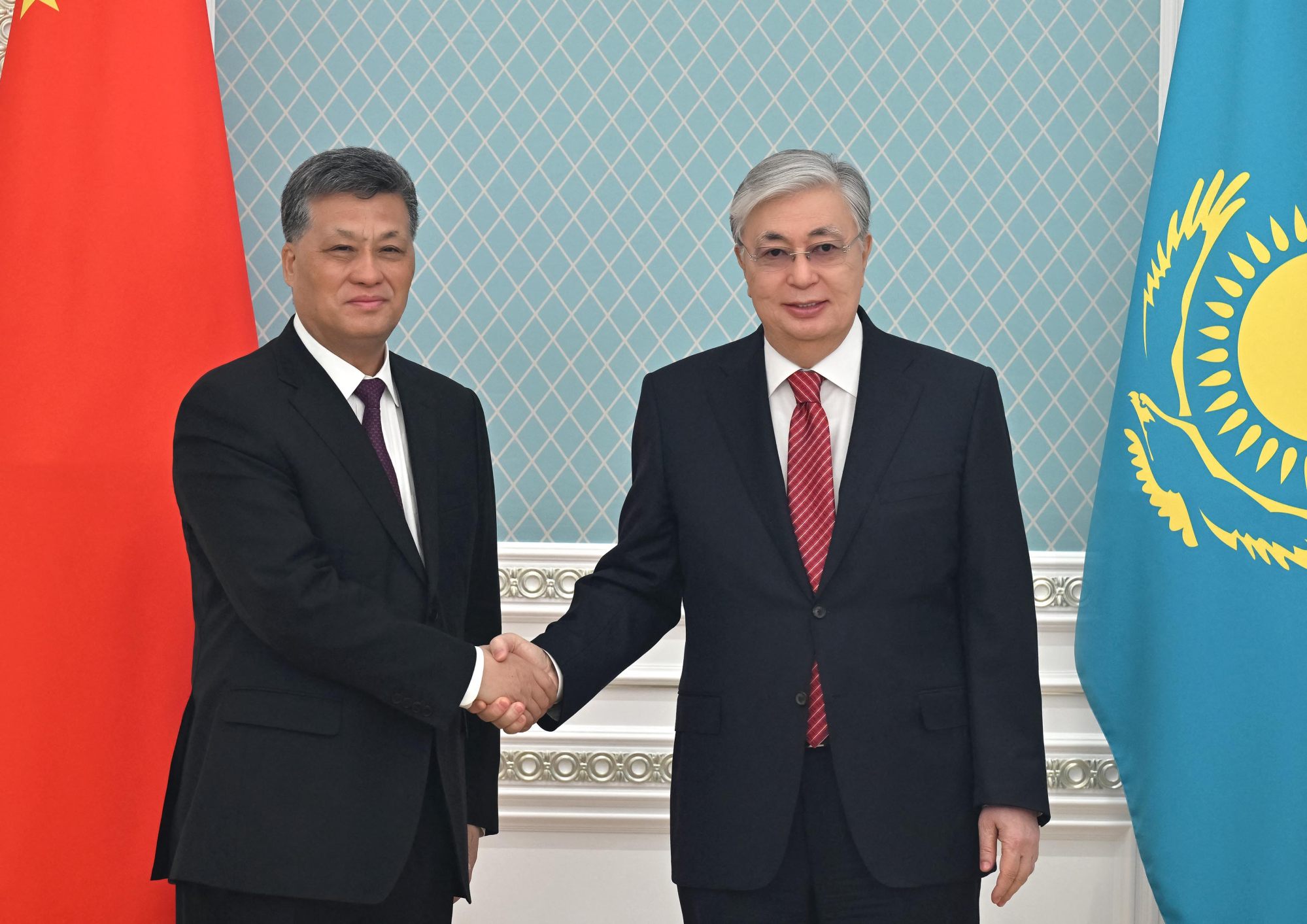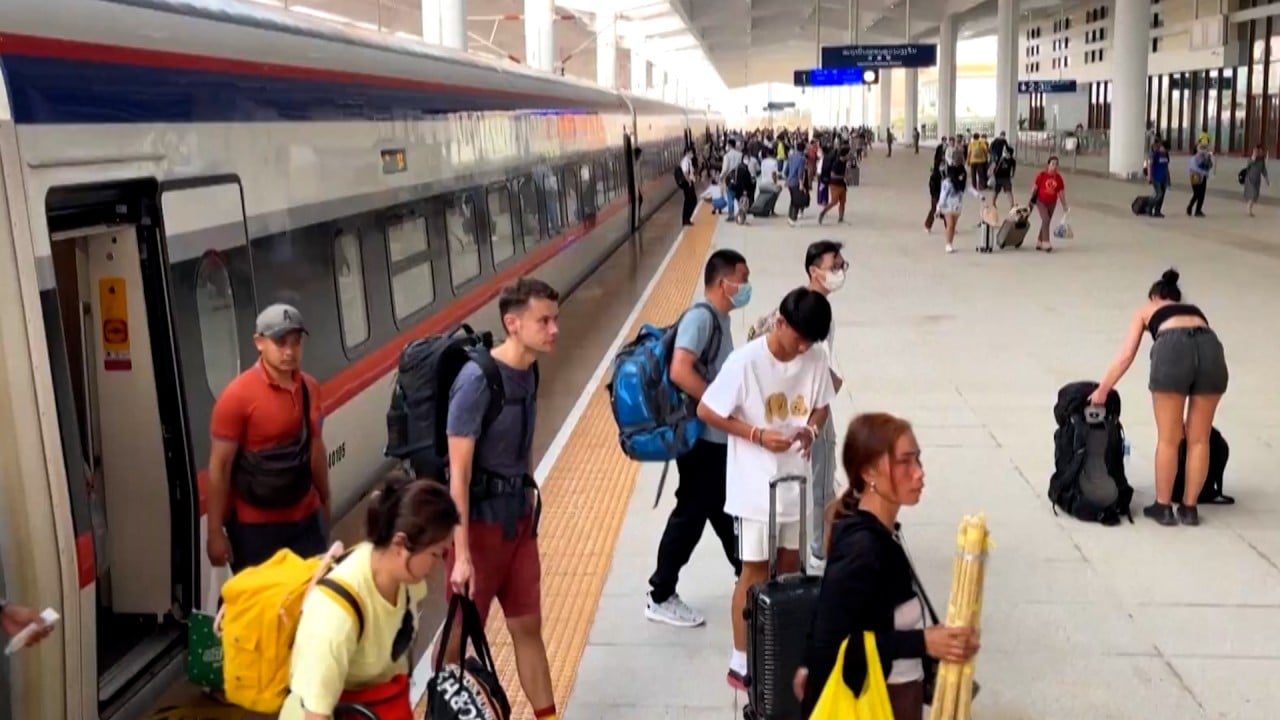
China’s provincial leaders take centre stage in Beijing’s diplomatic push to charm neighbours
- Communist Party chiefs from border regions such as Xinjiang and Yunnan play leading role in campaign to woo Central and Southeast Asia
- Observers say strategy to bolster ties with nearby countries now sits at the heart of Beijing’s foreign policy
Also in late March, Jin Guowei, deputy governor of the northeastern province of Liaoning, led a delegation to Japan and South Korea.

“Over the past three years, interactions were less frequent, so now it’s an opportunity to resume such engagement,” said Wang Jian, director of the Institute of International Relations at the Shanghai Academy of Social Sciences.
“It’s impossible for leaders from the central government to visit so many countries in one year, and these provinces can take advantage of the culture and geographic closeness to implement the central government’s policies.”
Xinjiang Communist Party boss ventures to Kazakhstan on trade mission
“As a region of China, we are responsible for the country’s ties to the west,” Ma told Kazakh President Kassym-Jomart Tokayev, according to the Astana Times.
Before the pandemic, it was not unusual for provincial-level officials to travel abroad.
Engagement at the provincial level has become even more important to Beijing’s efforts to stabilise its ties with its 14 immediate neighbours in an increasingly challenging and complicated international environment.
“There have been some natural bonds – in history, economy, culture and even languages – between these border regions and the neighbouring countries,” Wang said. “Diplomacy between local regions is a strong complement to the overall national diplomatic agenda.”
During his visit to Vietnam, Guangxi party boss Liu met Nguyen Phu Trong, head of the country’s Communist Party, who stressed Guangxi’s deep ties with Vietnam in terms of revolutionary history and urged the two sides to take the lead in promoting cooperation in the economy, trade, tourism, security, defence and people-to-people exchanges, according to English-language daily VietNam News.
Yunnan shares 504km (313 miles) of border with Laos, and most of Myanmar’s 2,190km border with China is located in the southwestern province.
Before the pandemic, an estimated 30 million trips were made across the border into Yunnan every year for work, business and family reunions. About 80 per cent, or 24 million, of those trips were from Myanmar, while 17 per cent, or 4.9 million, originated in Vietnam, according to official figures from Yunnan. About 3 per cent, or 1 million trips, were from Laos.
“There used to be very close interactions in the region, through trade and marriage, and these advantages could hardly be replaced,” Wang said.
During their meetings with foreign leaders, senior officials and business communities, the Chinese provincial leaders also stressed their willingness to strengthen cooperation with neighbouring countries in areas such as trade, investment, connectivity, infrastructure, education, culture and tourism, according to Chinese media reports.
The efforts have been good for business. During his tour of Vietnam, Singapore and Malaysia, Liu and his delegation from Guangxi signed a total of 145 deals with a value of US$89.1 billion, while Jin from Liaoning pushed forward 77 projects in intelligent manufacturing, renewable energy and new materials.



